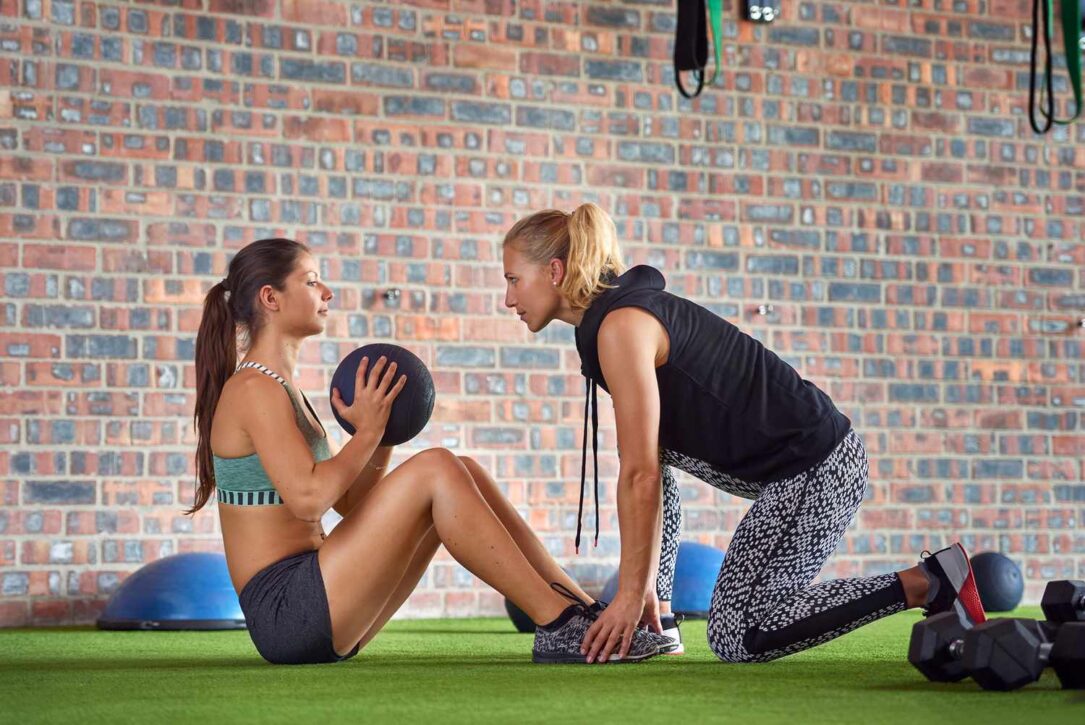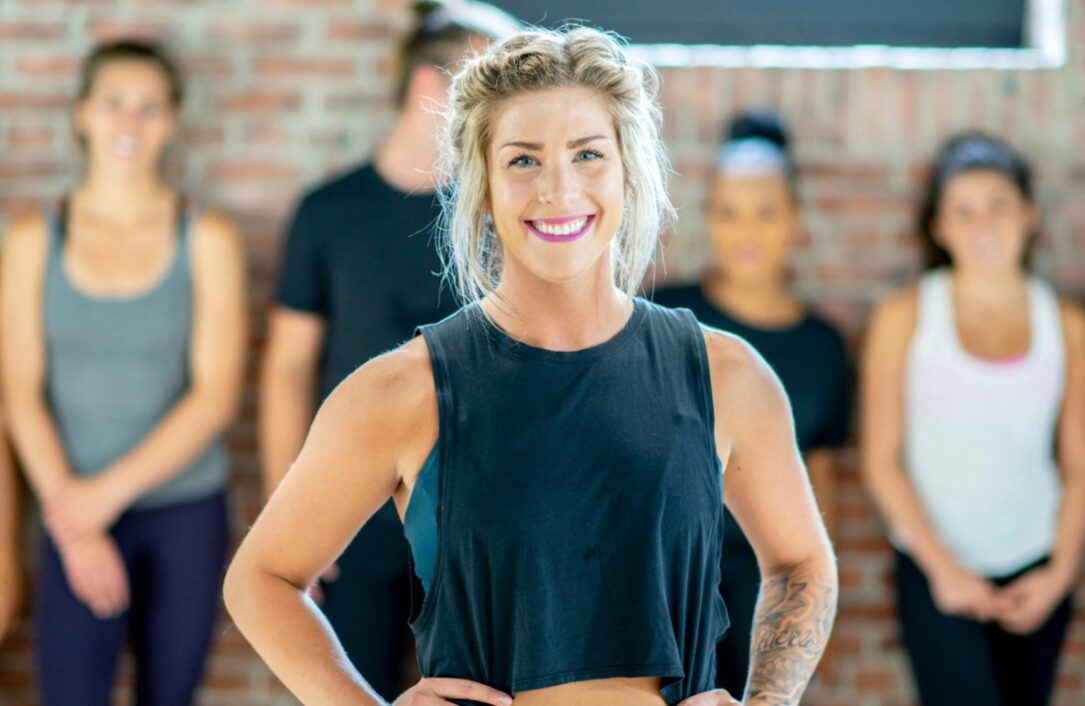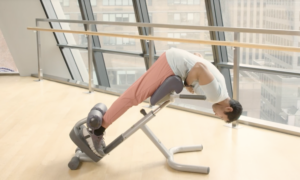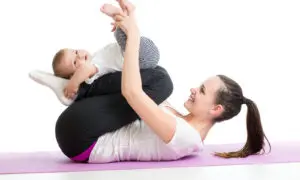Understanding the importance of fitness certification is paramount for aspiring fitness professionals. Fitness certification serves as a testament to one’s expertise, knowledge, and commitment to promoting health and well-being.
The benefits of becoming certified are manifold, including increased credibility, enhanced career prospects, and a deeper understanding of fitness principles.
In this guide, we delve deep into the steps to acquiring fitness certification, from choosing the right certification to meeting prerequisites, and from exam preparation to certification renewal. Each section is dedicated to providing meticulous insights to help you navigate through the labyrinth of fitness certification.
Choosing the Right Fitness Certification
Starting a journey in the fitness industry requires thorough exploration and analysis of diverse certification options available. Each certification offers its unique specialization and comes with specific accreditations, catering to various fitness realms such as personal training, nutritional advice, and strength conditioning.
Choosing the right certification is fundamental. You should meticulously assess your career objectives, passions, and the specific sector within the fitness industry you are inclined towards.
It’s crucial to pursue certifications that are accredited by esteemed organizations to guarantee their legitimacy and widespread acceptance.
Keep in mind, the certification you opt for should resonate with your ambitions and the needs of the clients you aim to work with.
Meeting Prerequisites and Requirements

Source: verywellfit.com
Acquiring fitness certification involves fulfilling specific prerequisites, which usually include a high school diploma and CPR/AED certification. These prerequisites are designed to ensure a foundational understanding and the capability to address emergencies. Many certifications also necessitate prior experience in fitness or related fields.
If you fall short of these prerequisites, consider taking courses or gaining experience in fitness domains, volunteering, or interning to accrue the necessary knowledge and experience.
Pursue educational opportunities that complement your certification goals and bolster your understanding of fitness principles, and one of the best certification programs can be found at www.americansportandfitness.com/collections/fitness-certifications.
Preparing for the Certification Exam
Strategizing your study approach is crucial. The study schedule should be consistent, structured, and focused on areas requiring reinforcement. Utilize varied learning resources, including textbooks, online materials, and practice exams.
Allocate time judiciously, balancing between different topics and incorporating regular revisions.
Managing test anxiety is essential. Regular breaks, relaxation techniques, and mindfulness can mitigate stress, while mock tests can familiarize you with the exam format and bolster confidence. A balanced diet, adequate sleep, and regular exercise can also significantly enhance cognitive functions and concentration.
Navigating the Certification Exam
The exam day necessitates a calm and composed approach. Familiarize yourself with the exam pattern, including multiple-choice questions, practical exams, and essays. Develop strategies for time management, prioritizing questions, and allocating time wisely to each section.
Approach each question logically, eliminating improbable options and focusing on the most plausible ones. Practical exams require demonstration of skills and knowledge, so practice meticulously and be clear and concise in your responses.
Staying Current with Industry Trends

Source: forbes.com
Once certified, continual learning is indispensable. The fitness industry is dynamic, with evolving trends, research, and methodologies. Engage in webinars, workshops, conferences, and read industry publications to stay abreast of the latest developments.
Networking is pivotal. Join professional organizations, attend industry events, and connect with fellow professionals to exchange knowledge, experiences, and explore collaborative opportunities. Participate in online forums and social media groups to stay connected with the fitness community.
Building Practical Skills
Acquiring theoretical knowledge is indispensable, but practical skills are the cornerstone of a successful fitness career. Seek internships or entry-level positions to gain hands-on experience and refine your skills. Engage in real-world scenarios, apply theoretical knowledge, receive feedback, and continually refine your approach.
Practical experience also involves learning to interact with clients, understanding their needs, and developing personalized fitness plans.
Embrace opportunities to work with diverse client demographics and health conditions to broaden your expertise and adaptability.
Marketing Yourself as a Certified Fitness Professional
Building a robust personal brand is a crucial endeavor for a certified fitness professional. Crafting an impressive resume is the first step. It should neatly highlight your certifications, relevant experiences, and notable accomplishments.
By clearly and accurately showcasing these elements, potential clients or employers can swiftly gauge your capabilities and expertise.
Establishing a compelling online presence is another pivotal step. Developing a professional website acts as a platform to showcase your expertise, achievements, and testimonials.
Leveraging social media platforms and fitness forums can also significantly extend your reach and enhance your credibility in the fitness community, allowing you to connect with a broader audience and potential clients.
Networking is crucial for building a successful career in fitness. Regularly attending industry events provides an opportunity to meet fellow professionals and potential clients or employers, allowing you to establish your presence in the fitness community effectively.
Engaging in community activities not only helps in building relationships but also in understanding community needs, aligning your services accordingly.
Legal and Ethical Considerations

Source: legal123.com.au
Maintaining professional conduct and adhering to legal and ethical standards is non-negotiable. Understand the legal responsibilities, including contracts, insurance, and liabilities, and be aware of the ethical considerations such as client confidentiality and professional boundaries.
Staying informed about the legal aspects and ethical guidelines is essential to avoid infringements and to foster trust and professionalism in your practice.
Fitness Certification Renewal
Certifications require periodic renewal to ensure continued competence and adherence to industry standards. Engage in continuing education, attend workshops, and acquire additional certifications to earn the necessary credits for renewal.
Maintaining a checklist and keeping track of your learning endeavors ensures a smooth renewal process.
Troubleshooting and Overcoming Challenges
Pursuing fitness certification is fraught with challenges. Proactive problem-solving, consistent efforts, and perseverance are essential to overcome obstacles. Identify potential roadblocks, develop contingency plans, and stay motivated.
Regular reflection on your goals, achievements, and learnings can provide the needed motivation and clarity.
Success Stories and Inspiring Examples

Source: bryanuniversity.edu
Real-life success stories serve as a beacon of inspiration. Many fitness professionals have traversed challenging paths, surmounted obstacles, and achieved commendable success in the industry.
Learning about their journeys, the hurdles they overcame, and the heights they achieved can instill motivation, perseverance, and a sense of possibility.
Fitness certification is a rigorous but rewarding journey, amalgamating knowledge acquisition, skill development, ethical conduct, and continual learning. It’s a stepping stone to a fulfilling career, opening avenues to impact lives positively and contribute to societal well-being.














